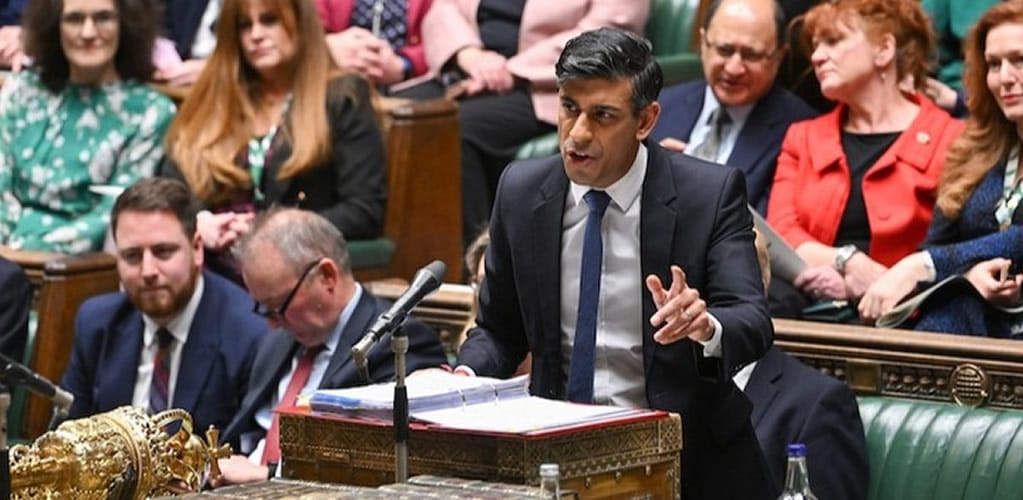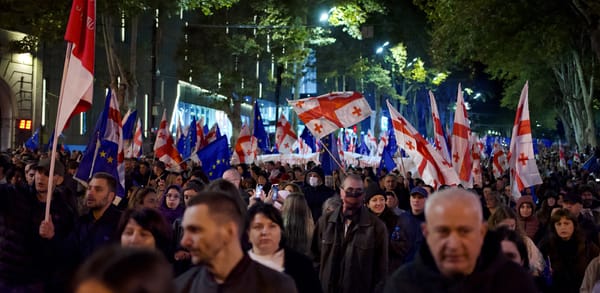Did Sunak mislead Parliament over Eat Out to Help Out?
Rishi Sunak faces calls to apologise to Parliament for allegedly misleading statements about following scientific advice during the pandemic. Evidence reveals there was no consultation with scientists before implementing the Eat Out to Help Out scheme.

Rishi Sunak faces calls to apologise to Parliament for allegedly misleading statements about following scientific advice during the pandemic. Evidence reveals there was no consultation with scientists before implementing the Eat Out to Help Out scheme.
R ishi Sunak is facing mounting pressure over claims he misled Parliament when he said scientific advice had been taken “at all steps” in the pandemic – despite his evidence to the COVID inquiry revealing this was not true.
A shadow minister has called for the prime minister, who was chancellor at the time of the pandemic, to apologise to the house over his “not clear” statements over following the science.
Speaking in the House of Commons in March 2021, Sunak was asked by then shadow chief secretary to the treasury Bridget Phillipson whether “his refusal to follow the science by pitting public health against the economy led to worse outcomes for both”.
Sunak claimed in response:
“At all steps in this crisis, we have indeed taken the advice of our scientific advisers.”
But evidence given to the inquiry by Sunak himself, civil servants and scientists shows that scientific advice was not sought before the implementation of the controversial Eat Out to Help Out scheme.
The inquiry has heard that the policy, which partially subsidised restaurant prices during August 2020 to encourage people to spend more money in the hospitality sector, came as a surprise of the Scientific Advisory Group for Emergencies (SAGE).
Former government chief scientific adviser (CSA) Patrick Vallance and his former deputy (and now successor) Angela McLean, as well as former chief medical officer for England Chris Whitty and his then deputy Jonathan Van-Tam, all confirmed they had not been consulted about the policy before its announcement during their evidence to the COVID inquiry.
Whitty told the inquiry that neither he nor Vallance “can recall” being asked about the policy, while Maclean said that she didn’t know “about any scientific advice that went into [Eat Out to Help Out]” – and went so far as to say she would have advised against it had she been consulted.
Sunak told the inquiry on Monday that Eat Out to Help Out was not run past scientists because it was a “micropolicy” that was “no different” from other guideline changes that had already been discussed with scientists.
Confirming he had not consulted, Sunak asked:
“Why would I raise it as a risk when I didn’t believe that it was because it was designed in the context of a safe re-opening?”
He added that it had been “designed specifically in the context of the safe lifting of NPIs [non-pharmaceutical interventions] that had already been signed off… which had reopened indoor hospitality,” and that he believed it was an economic decision to save jobs that didn't need input from scientists.
Sunak should come back to the House and correct the record, shadow minister for international trade Gareth Thomas MP told openDemocracy.
“Rishi Sunak has serious questions to answer about the differences between his answers to questions in the House of Commons and his answers to the Covid inquiry.
“It’s now obvious that the prime minister was not clear in the House of Commons about not consulting with senior health and science advisers before launching Eat Out to Help Out.
“As a minimum Rishi Sunak should come back to the House of Commons to apologise and correct the record.”
According to Parliamentary procedure, “the Commons may treat the making of a deliberately misleading statement as a contempt”.
Number 10 declined to comment but directed us to Sunak’s statements at the inquiry.
The inquiry continues.

Sources:
▪ Text: This piece was first published in openDemocracy and re-published in PMP Magazine on 17 December 2023 under a Creative Commons Attribution-NonCommercial 4.0 International licence. | The author writes in a personal capacity.
▪ Cover: Instagram/UK House of Commons -- UK Parliament. (Licensed under a Creative Commons Attribution-ShareAlike 4.0 International License.)






[Read our Comments Guidelines]